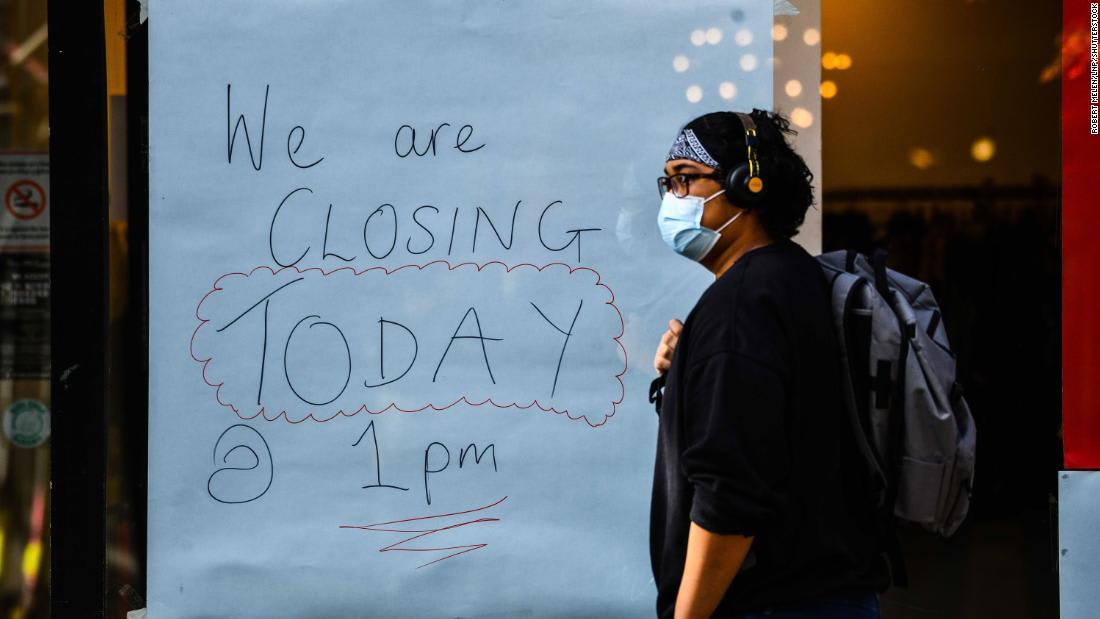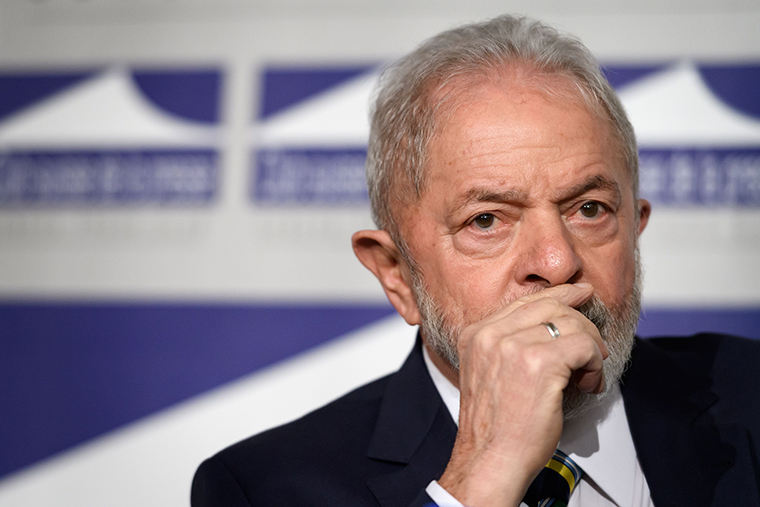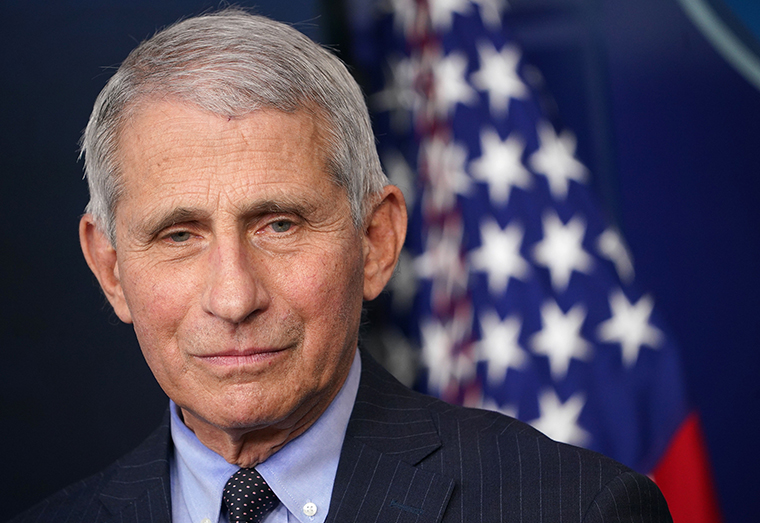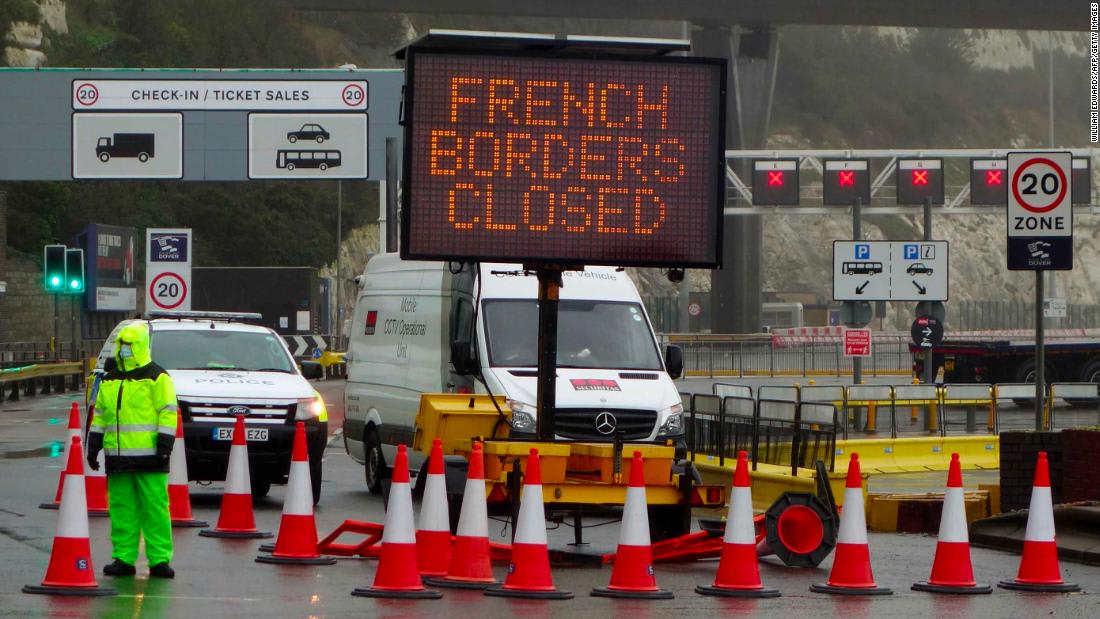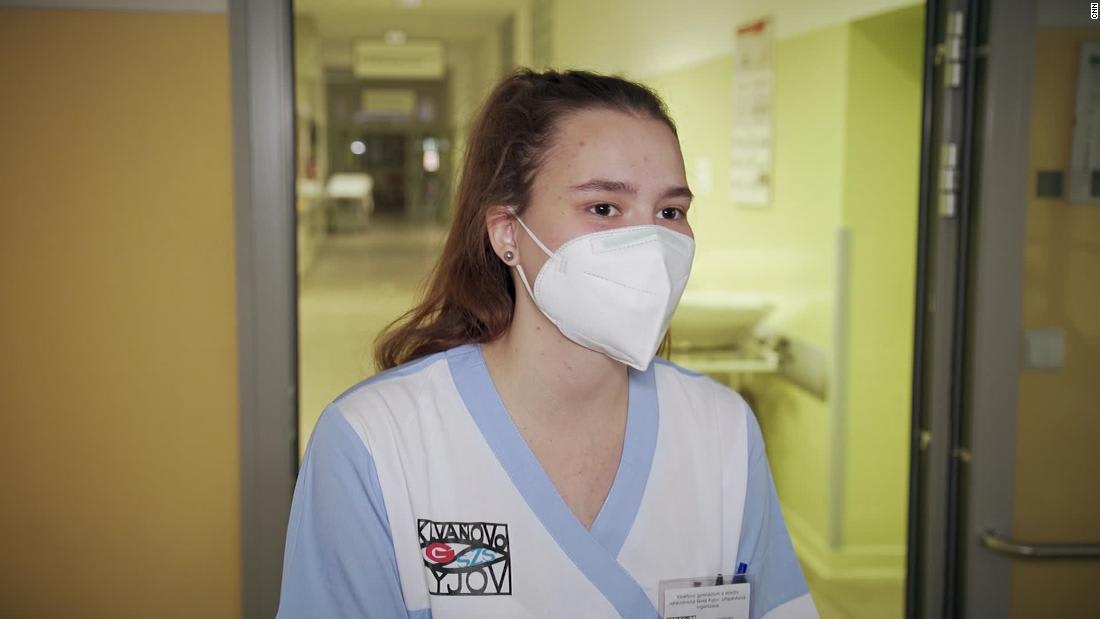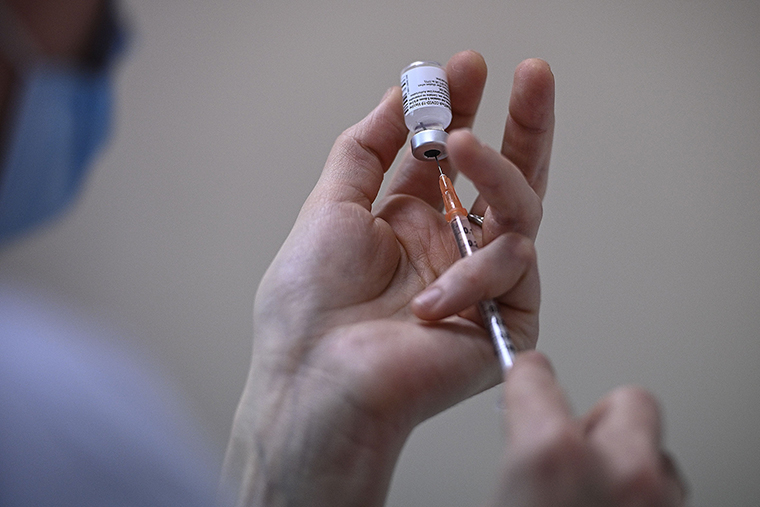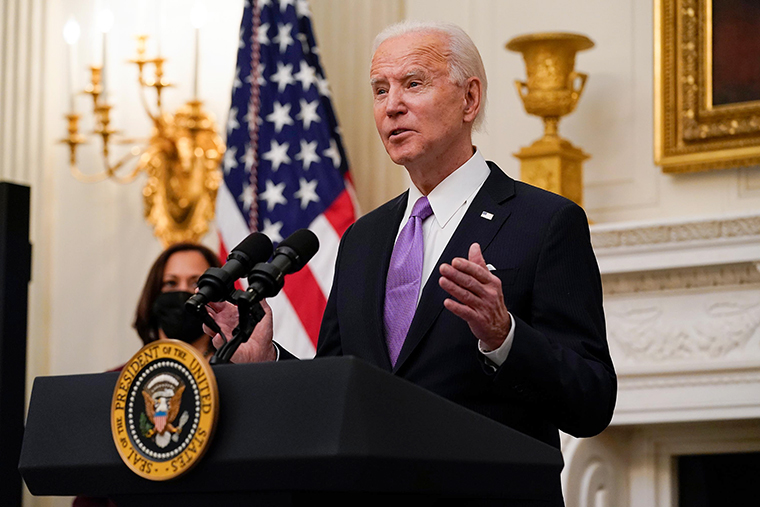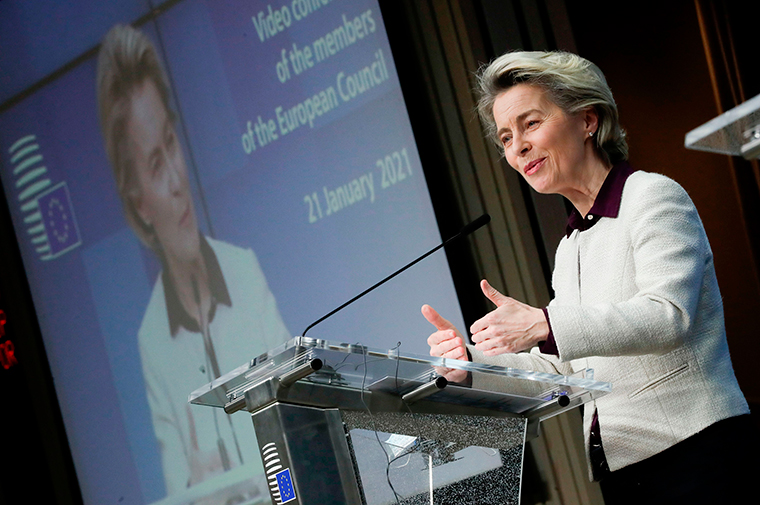
The European Commission has proposed tougher restrictions on travel both within and to the European Union to limit non-essential travel as cases of coronavirus surge across the continent.
“In view of the very serious health situation, all non-essential travel should be strongly discouraged, both within the country and of course across borders,” European Commission president Ursula von der Leyen said Thursday following a video summit with EU leaders.
“With regard to the external borders, we will also propose to have additional safety measures. For those traveling from third countries on essential travel to Europe we would, for example, require testing before departure,” she added.
During the summit, Member States agreed “unanimously” to recommend a common framework for the use of rapid antigen tests and the mutual recognition of coronavirus test results across the EU.
“The mutual recognition of test results for SARS-CoV2 infection carried by certified health bodies is essential in order to facilitate cross-border movement, cross-border contact tracing, and treatment,” the European Council said in a statement.
“This is a central tool to help mitigate the spread of the virus and contribute to the smooth functioning of the internal market,” the statement added.
The European Commission is expected to assess and consider the details of the proposed measures on Monday.
